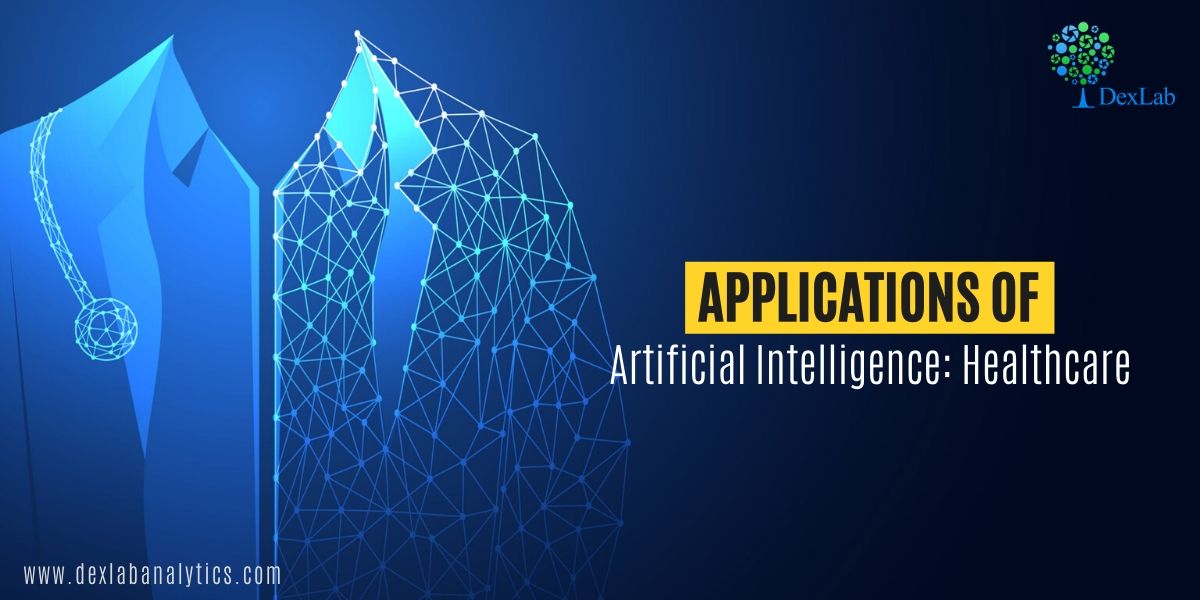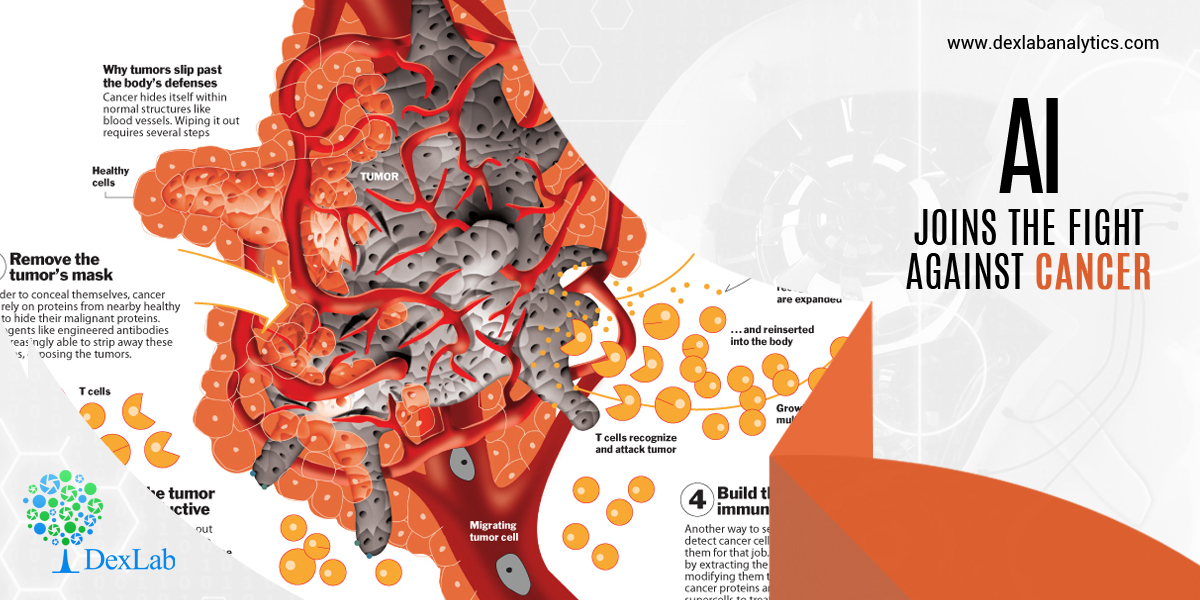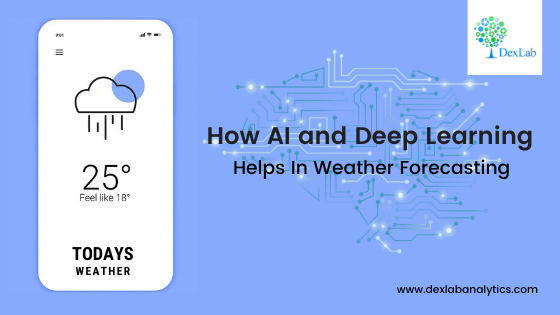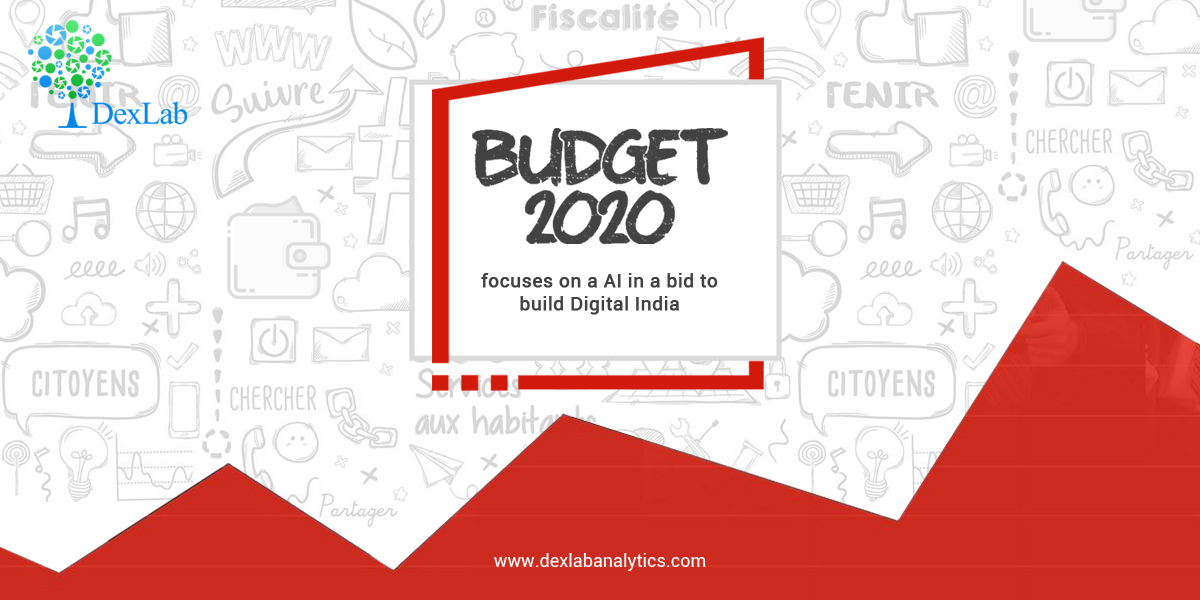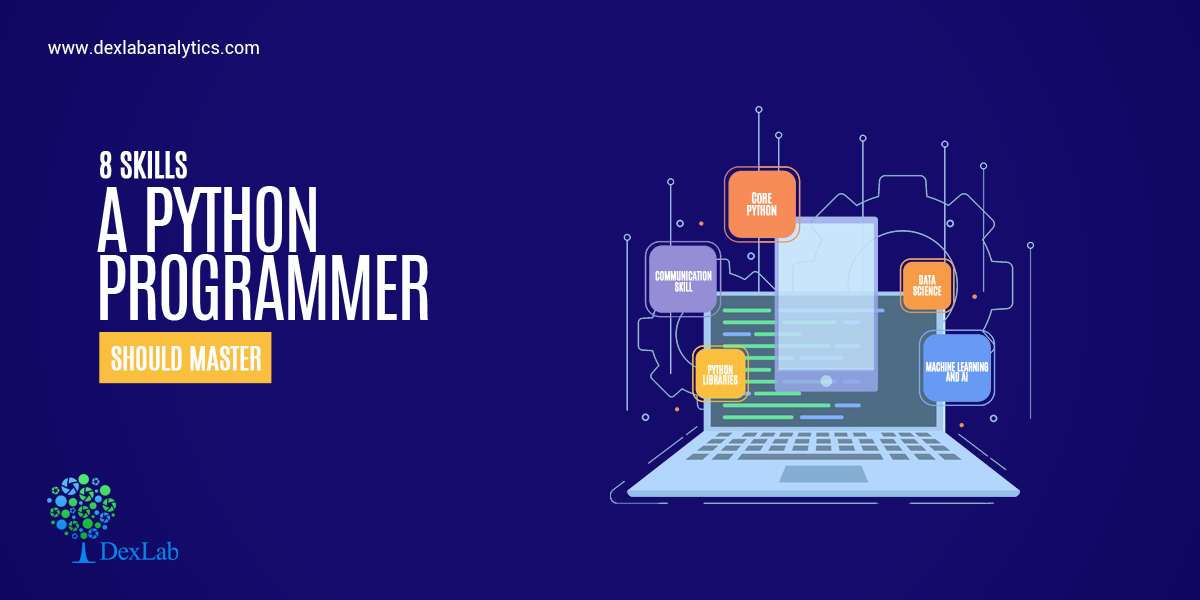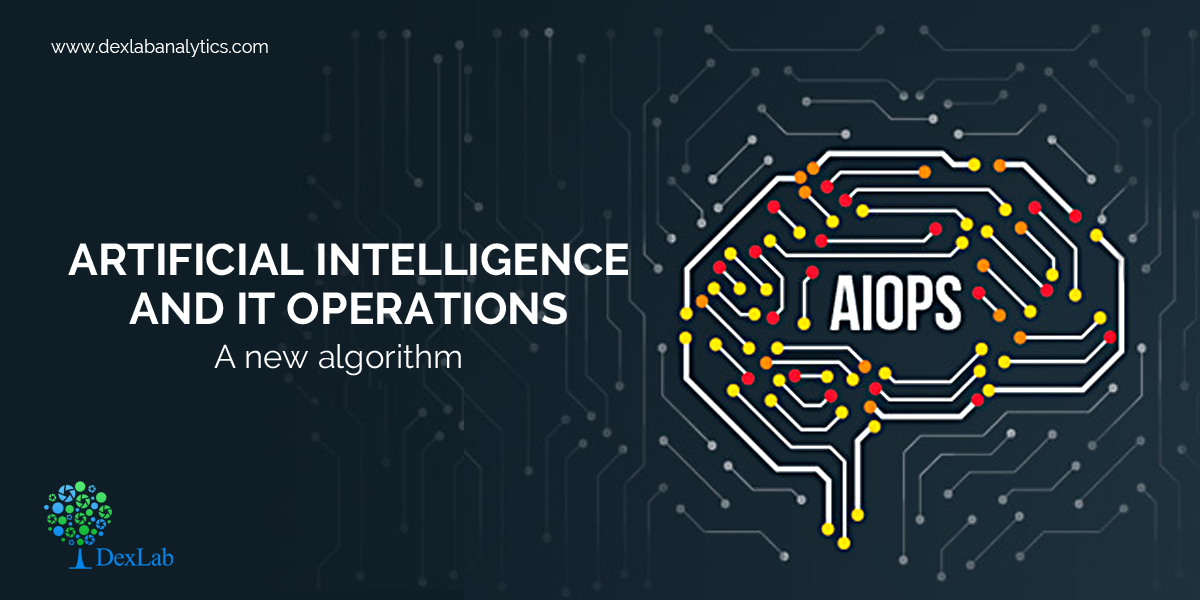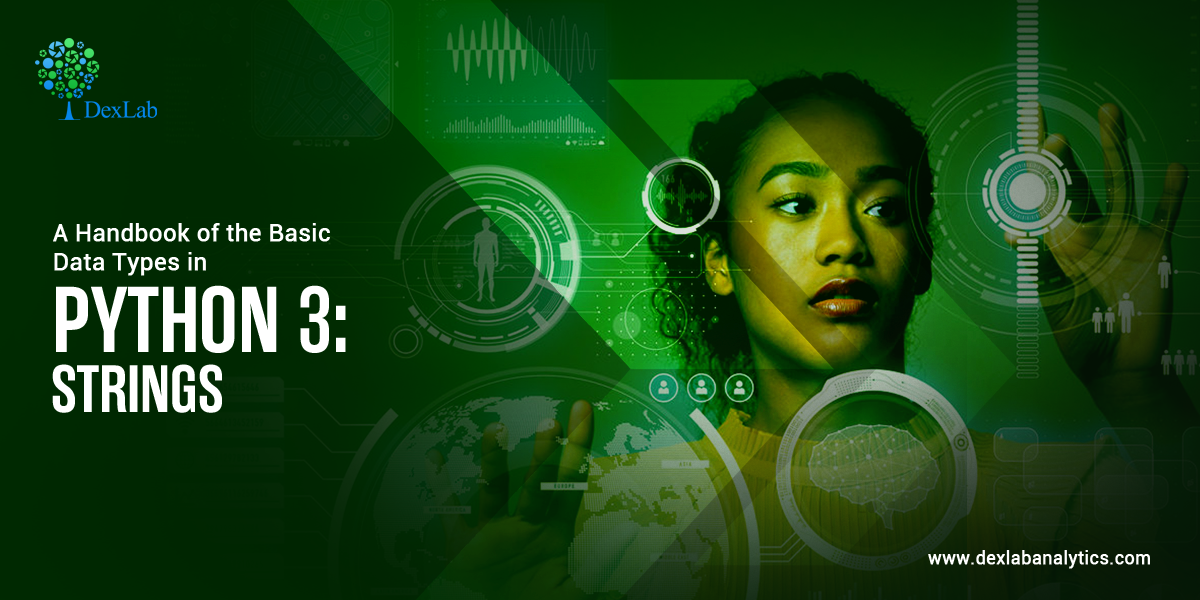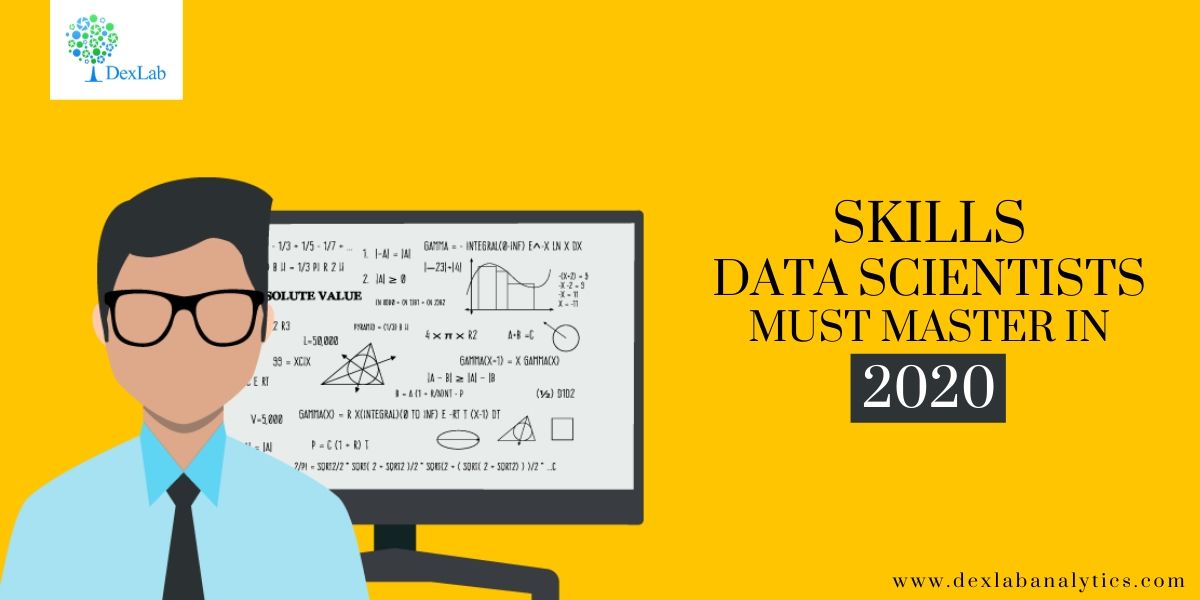
Big data is all around us, be it generated by our news feed or the photos we upload on social media. Data is the new oil and therefore, today, more than ever before, there is a need to study, organize and extract knowledgeable and actionable insights from it. For this, the role of data scientists has become even more crucial to our world. In this article we discuss the various skills, both technical and non-technical a data scientist needs to master to acquire a standing in a competitive market.
Technical Skills
Python and R
Knowledge of these two is imperative for a data scientist to operate. Though organisations might want knowledge of only one of the two programming languages, it is beneficial to know both. Python is becoming more popular with most organisations. Machine Learning using Python is taking the computing world by storm.
GitHub
Git and GitHub are tools for developers and data scientists which greatly help in managing various versions of the software. “They track all changes that are made to a code base and in addition, they add ease in collaboration when multiple developers make changes to the same project at the same time.”
Preparing for Production
Historically, the data scientist was supposed to work in the domain of machine learning. But now data science projects are being more often developed for production systems. “At the same time, advanced types of models now require more and more compute and storage resources, especially when working with deep learning.”
Cloud
Cloud software rules the roost when it comes to data science and machine learning. Keeping your data on cloud vendors like AWS, Microsoft Azure or Google Cloud makes it easily accessible from remote areas and helps quickly set up a machine learning environment. This is not a mandatory skill to have but it is beneficial to be up to date with this very crucial aspect of computing.
Deep Learning
Deep learning, a branch of machine learning, tailored for specific problem domains like image recognition and NLP, is an added advantage and a big plus point to your resume. Even if the data scientist has a broad knowledge of deep learning, “experimenting with an appropriate data set will allow him to understand the steps required if the need arises in the future”. Deep learning training institutes are coming up across the globe, and more so in India.
Math and Statistics
Knowledge of various machine learning techniques, with an emphasis on mathematics and algebra, is integral to being a data scientist. A fundamental grounding in the mathematical foundation for machine learning is critical to a career in data science, especially to avoid “guessing at hyperparameter values when tuning algorithms”. Knowledge of Calculus linear algebra, statistics and probability theory is also imperative.
SQL
Structured Query Language (SQL) is the most widely used database language and a knowledge of the same helps data scientist in acquiring data, especially in cases when a data science project comes in from an enterprise relational database. “In addition, using R packages like sqldf is a great way to query data in a data frame using SQL,” says a report.
AutoML
Data Scientists should have grounding in AutoML tools to give them leverage when it comes to expanding the capabilities of a resource, which could be in short supply. This could deliver positive results for a small team working with limited resources.
Data Visualization
Data visualization is the first step to data storytelling. It helps showcase the brilliance of a data scientist by graphically depicting his or her findings from data sets. This skill is crucial to the success of a data science project. It explains the findings of a project to stakeholders in a visually attractive and non-technical manner.
Non-Technical Skills
Ability to solve business problems
It is of vital importance for a data scientist to have the ability to study business problems in an organization and translate those to actionable data-driven solutions. Knowledge of technical areas like programming and coding is not enough. A data scientist must have a solid foundation in knowledge of organizational problems and workings.
Effective business communication
A data scientist needs to have persuasive and effective communication skills so he or she can face probing stakeholders and meet challenges when it comes to communicating the results of data findings. Soft skills must be developed and inter personal skills must be honed to make you a creatively competent data scientist, something that will set you apart from your peers.

Agility
Data scientist need to be able to work with Agile methodology in that they should be able to work based on the Scrum method. It improves teamwork and helps all members of the team remain in the loop as does the client. Collaboration with team members towards the sustainable growth of an organization is of utmost importance.
Experimentation
The importance of experimentation cannot be stressed enough in the field of data science. A data scientist must have a penchant for seeking out new data sets and practise robustly with previously unknown data sets. Consider this your pet project and practise on what you are passionate about like sports.
.
